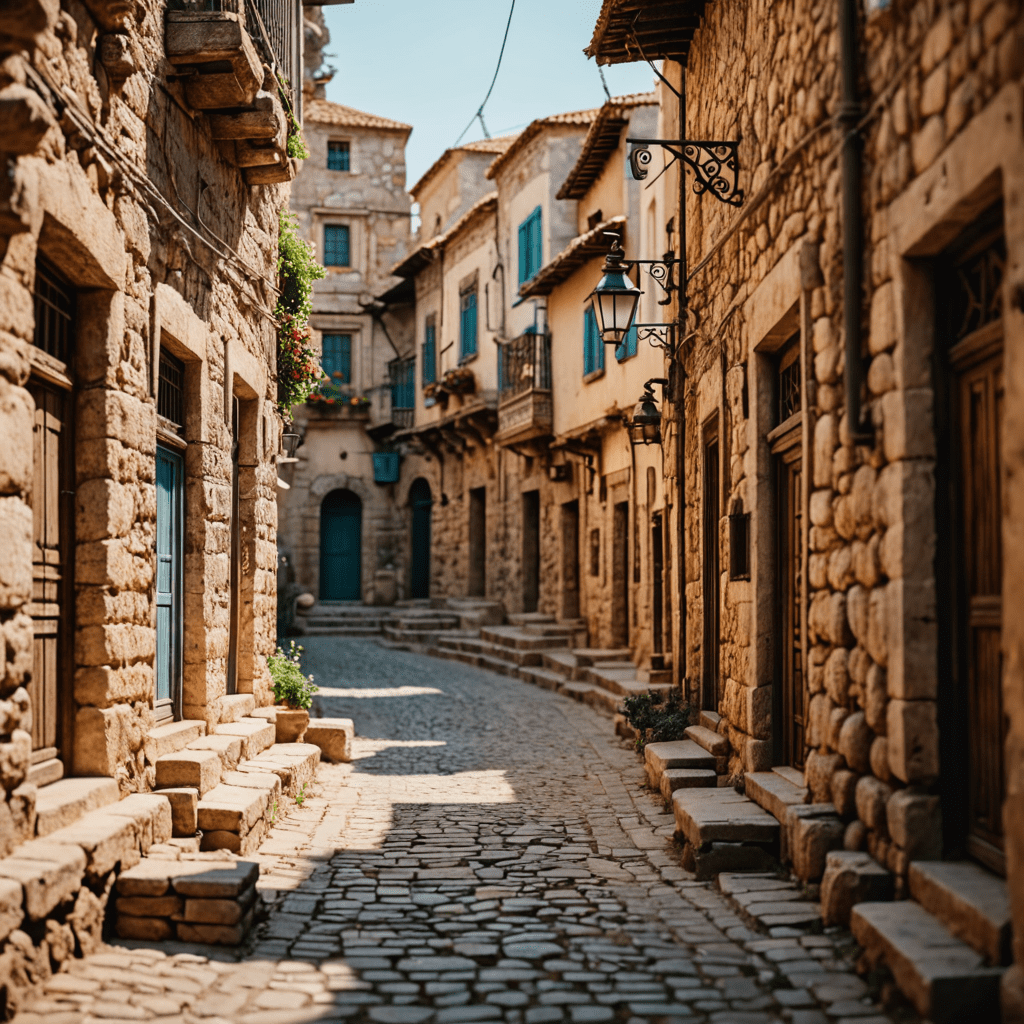
The Cultural Significance of the Aures Music Tradition
Introduction to Aures Music
Aures music, originating from the Aures region in eastern Algeria, holds a rich cultural heritage that has been passed down through generations. This unique musical tradition is deeply connected to the history, beliefs, and daily life of the people in the region.
History and Roots
The roots of Aures music can be traced back centuries, blending various influences from Berber, Arabian, and African cultures. This fusion has created a musical style that is both vibrant and soul-stirring, reflecting the resilience and spirit of the Aures people.
Themes and Lyrics
Aures music often touches upon themes of love, nature, and daily struggles. The lyrics, sung in Tamazight or Arabic, carry profound meanings and emotions, conveying stories of triumph, loss, and heritage. Each song is a window into the heart and soul of the Aures region.
Instruments and Melodies
Traditional Aures music is characterized by the use of instruments such as the bendir (a type of frame drum), gasba (a flute-like instrument), and mandole (a type of lute). The melodies are captivating, with rhythmic beats and haunting tunes that transport listeners to the rugged landscapes of the Aures mountains.
Celebrations and Festivals
Aures music plays a central role in various celebrations and festivals in the region. From weddings to religious holidays, music is an integral part of Aures culture, bringing people together in joyous harmony and celebration.
Preservation Efforts
In recent years, there has been a growing concern to preserve and promote the Aures music tradition. Organizations and artists are working tirelessly to document and safeguard this cultural heritage, ensuring that future generations can continue to experience the beauty and significance of Aures music.
Impact and Global Recognition
Despite its regional roots, Aures music has begun to gain recognition on a global scale. Its unique blend of traditional sounds and contemporary influences has captured the hearts of music enthusiasts worldwide, shining a spotlight on the cultural richness of the Aures region.
In conclusion, the Aures music tradition stands as a testament to the enduring spirit and heritage of the Aures people. Through its melodies and lyrics, this musical tradition continues to weave a tapestry of culture, history, and emotion, resonating with audiences far and wide.
Frequently Asked Questions about the Aures Music Tradition
What is the Aures Music Tradition?
The Aures Music Tradition is a cultural heritage originating from the Aures region in eastern Algeria. It encompasses a rich musical legacy tied to the Berber people of the area, reflecting their history, beliefs, and way of life.
What makes the Aures Music Tradition culturally significant?
The Aures Music Tradition holds immense cultural significance as it serves as a means of preserving the Berber heritage through music. It plays a vital role in passing down traditions, stories, and values from generation to generation.
How is the Aures Music Tradition celebrated and performed?
The Aures Music Tradition is often celebrated through lively performances at weddings, festivals, and other cultural events. The music is characterized by rhythmic drumming, traditional instruments like the bendir and gasba, and poetic lyrics that often touch upon themes of love, nature, and daily life.
What impact does the Aures Music Tradition have on the community?
The Aures Music Tradition fosters a sense of unity and pride within the Berber community, strengthening their cultural identity and connection to their roots. It also serves as a form of artistic expression and a way to communicate shared experiences and emotions among community members.


